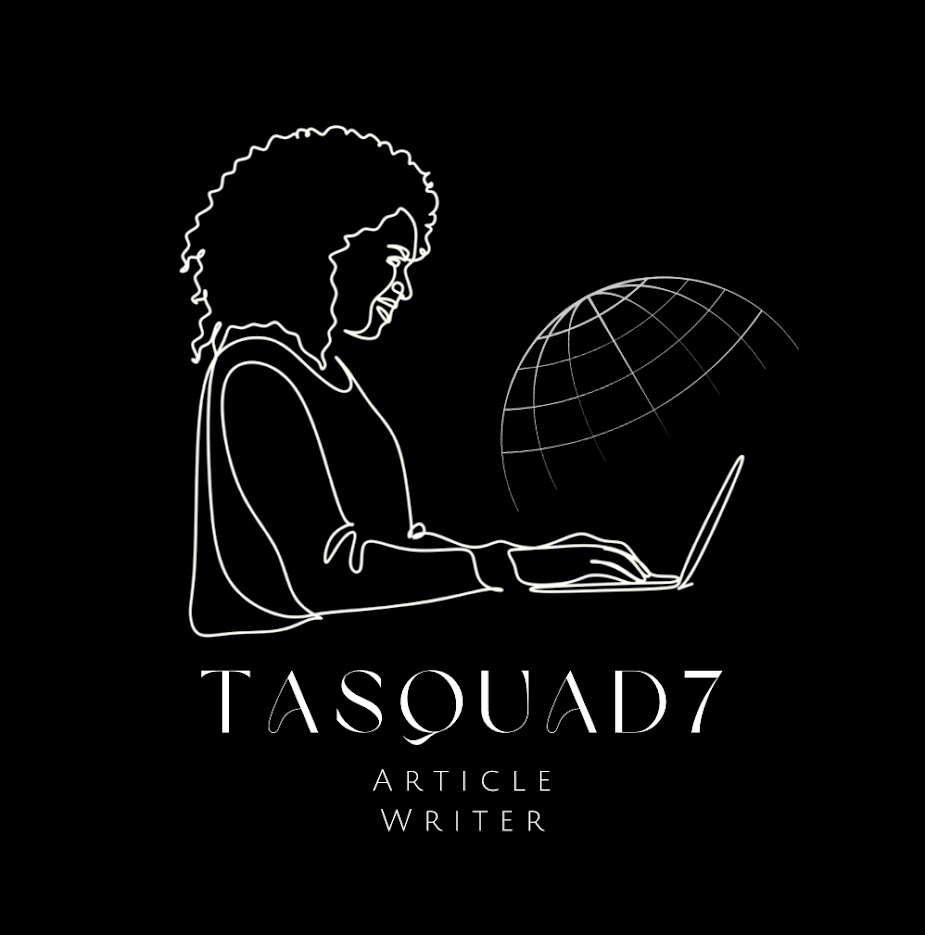JOSEPH BRODSKY HISTORY
Joseph Brodsky, unique Russian name Iosip Aleksandrovich Brodsky, (conceived May 24, 1940, Leningrad, Russia, U.S.S.R. [now St. Petersburg, Russia]—passed on January 28, 1996, Brooklyn, New York, U.S.), Russian-conceived American writer who was granted the Nobel Prize for Literature in 1987 for his significant verse and elegiac sonnets.
Brodsky left school at age 15 and from that point started to compose verse while working at a wide assortment of occupations. He started to acquire a standing in the Leningrad artistic scene, yet his free soul and his unpredictable work record prompted his being accused of "social parasitism" by the Soviet specialists, who condemned him in 1964 to five years of hard work. The sentence was driven in 1965 after unmistakable Soviet abstract figures fought it. Ousted from the Soviet Union in 1972, Brodsky lived from that point in the United States, turning into a naturalized U.S. resident in 1977. He was a writer in-home irregularly at the University of Michigan, Ann Arbor, from 1972 to 1980, was an educator of writing at Mount Holyoke College (South Hadley, Massachusetts) from 1981 to 1996, and was a meeting teacher at different schools. He got a MacArthur Foundation partnership award in 1981 and filled in as writer laureate of the United States in 1991–92.
Brodsky's verse tends to individual topics and treats in an incredible, reflective style the all inclusive worries of life, passing, and the significance of presence. Notwithstanding what might be accepted from his outcast, his composing was not unmistakably political yet was rather disrupting to Soviet authorities on account of its overall subjects of antimaterialism and applause for singular opportunity. His previous works, written in Russian, incorporate Stikhotvoreniya I poemy (1965; "Refrains and Poems") and Ostanovka v pustyne (1970; "A Halt in the Wasteland"); these and different works were deciphered by George L. Kline in Selected Poems (1973), which incorporates the prominent "Epitaph for John Donne." His significant works, in Russian and English, incorporate the verse assortments A Part of Speech (1980), History of the Twentieth Century (1986), and To Urania (1988) and the papers in under One (1986). His striking after death distributions incorporate the assortments So Forth (1996) and Nativity Poems (2001) and the kids' sonnet Discovery (1999).
Is Brodsky Russian?
Brodsky was granted the 1987 Nobel Prize in Literature "for a sweeping initiation, pervaded with consistent focus and beautiful power".
ARTICLE WRITER : TASEER ABBAS








0 Comments